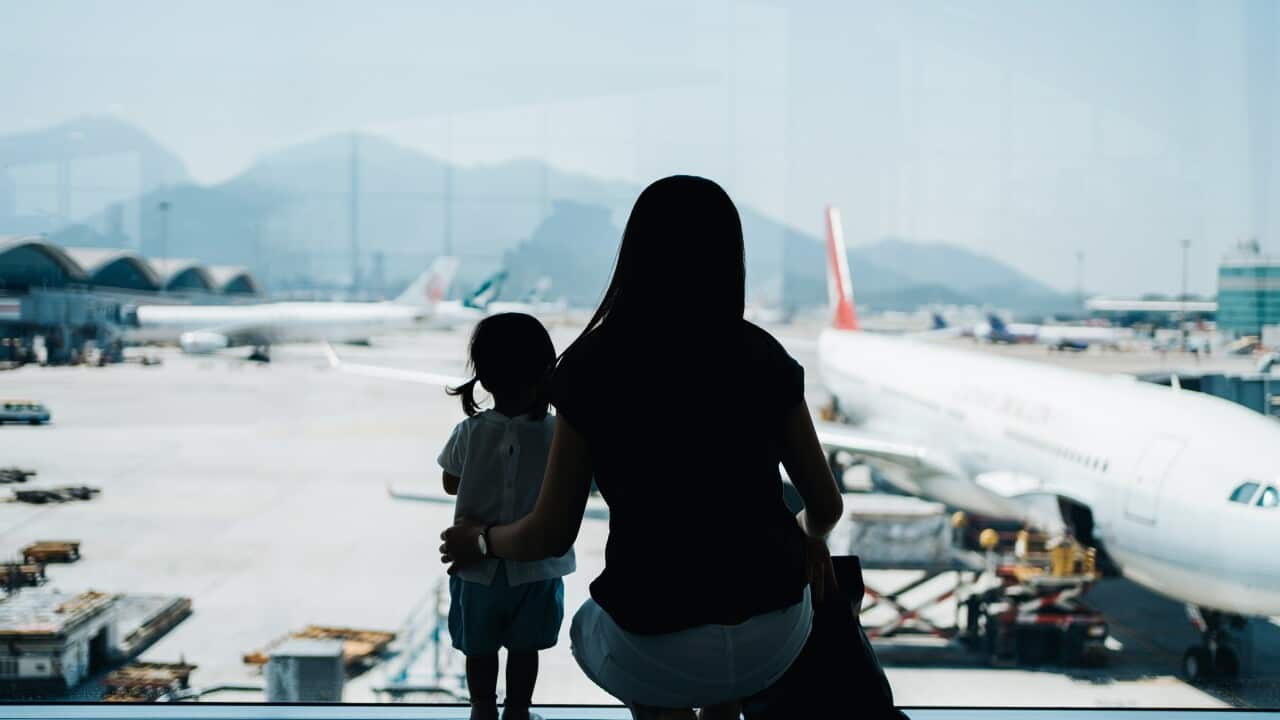Key Points
- Refugee Week is Australia’s peak annual activity to inform the public about refugees.
- Each year, Refugee Week has a different theme.
- Refugee Council of Australia runs many programs all year round to raise awareness about refugees.
- In the past decade, refugee numbers have more than doubled.
Every year, millions of people are forced to flee their homes in search of safety.
Refugee Week in Australia is always held from Sunday to Saturday in the week which includes 20 June, which is
The first Refugee Week events were organised in Sydney in 1986 by Austcare. In 1987, the Refugee Council of Australia (RCOA) became a co-organiser of the week, and the occasion became a national event the following year. RCOA took on responsibility for the national coordination of Refugee Week in 2004.
Adama Kamara, RCOA’s Deputy Chief Executive Officer, says one of the aims of Refugee Week is to celebrate the positive contributions refugees make to Australian society.

Adama Kamara, RCOA’s Deputy Chief Executive Officer. Credit: RCOA
The overall aim is for us to have a better understanding between refugee communities and non-refugee communities … and be more welcoming of each other.Adama Kamara, Deputy Chief Executive Officer, RCOA
Refugee Week's annual theme
Each year, Refugee Week has a This is to raise awareness of the issues affecting refugees in Australia and around the world, and to help the broader community understand what it is like to be a refugee.
The theme allows for a unified and consistent message that can be spread throughout the country, enhancing the impact of awareness campaigns and activities.
Having an annual theme helps foster a sense of harmony and unity, bringing together individuals, communities and organisations of diverse backgrounds under a shared purpose. It serves as a powerful reminder that, despite our differences, we are all connected by our shared humanity.
Refugee resilience
is a Sydney-based lawyer and one of the Refugee Week ambassadors. He grew up in an Assyrian family in Iraq and travelled through Jordan, Turkey and Greece as a refugee before finding safe haven in Australia in 1994.
Mr Slewa says inter-generational trauma can take many years to subside, but healing is possible once refugees start their “settlement journey”.
He believes the key element of healing for refugees is “resilience”, and says "that [the] healing stage starts from the day you set foot in Australia".
Talking to others, sharing your stories, being able to openly discuss that journey without prejudice, and being accepted is what it comes down to [for refugees]. Being accepted, acknowledged and respected, I think, helps the healing process.Oliver Slewa, RCOA ambassador

RCOA ambassador, Oliver Slewa Source: Supplied / Supplied by RCOA
'Face-to-Face' program
There are many different programs and activities run by RCOA during Refugee Week and beyond.
is one of these programs that runs throughout Refugee Week. It is an incursion presentation and workshop by RCOA ambassadors and representatives.
Refugee speakers share personal stories of their journey to safety and give students the opportunity to learn about refugees, their experiences and their contributions to Australia.
The presentations are tailored for primary and secondary students, teachers and interested groups.

Face-2-Face program workshop Credit: RCOA
Number of displaced people more than doubled
In the past decade,, from 41 million to 110.3 million (in June 2024).
According to , one in 95 people is now forcibly displaced, an increase from one in 159 in 2010, with the rate of global displacement now outpacing population growth.
Ms Kamara says RCOA is encouraging the Australian government to increase the annual intake of refugees under its Humanitarian Program.


